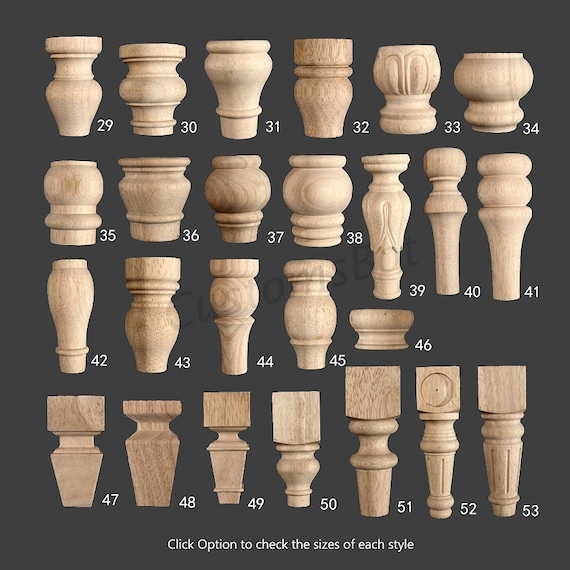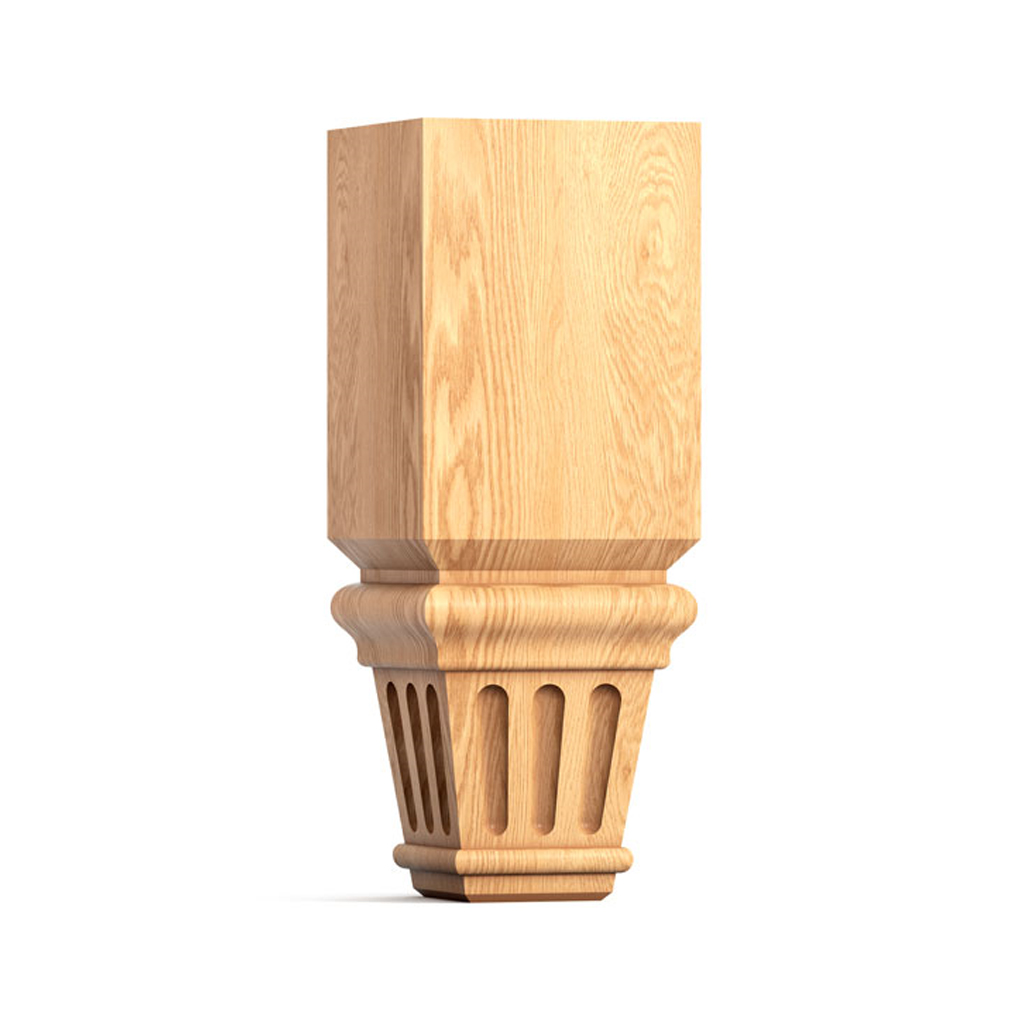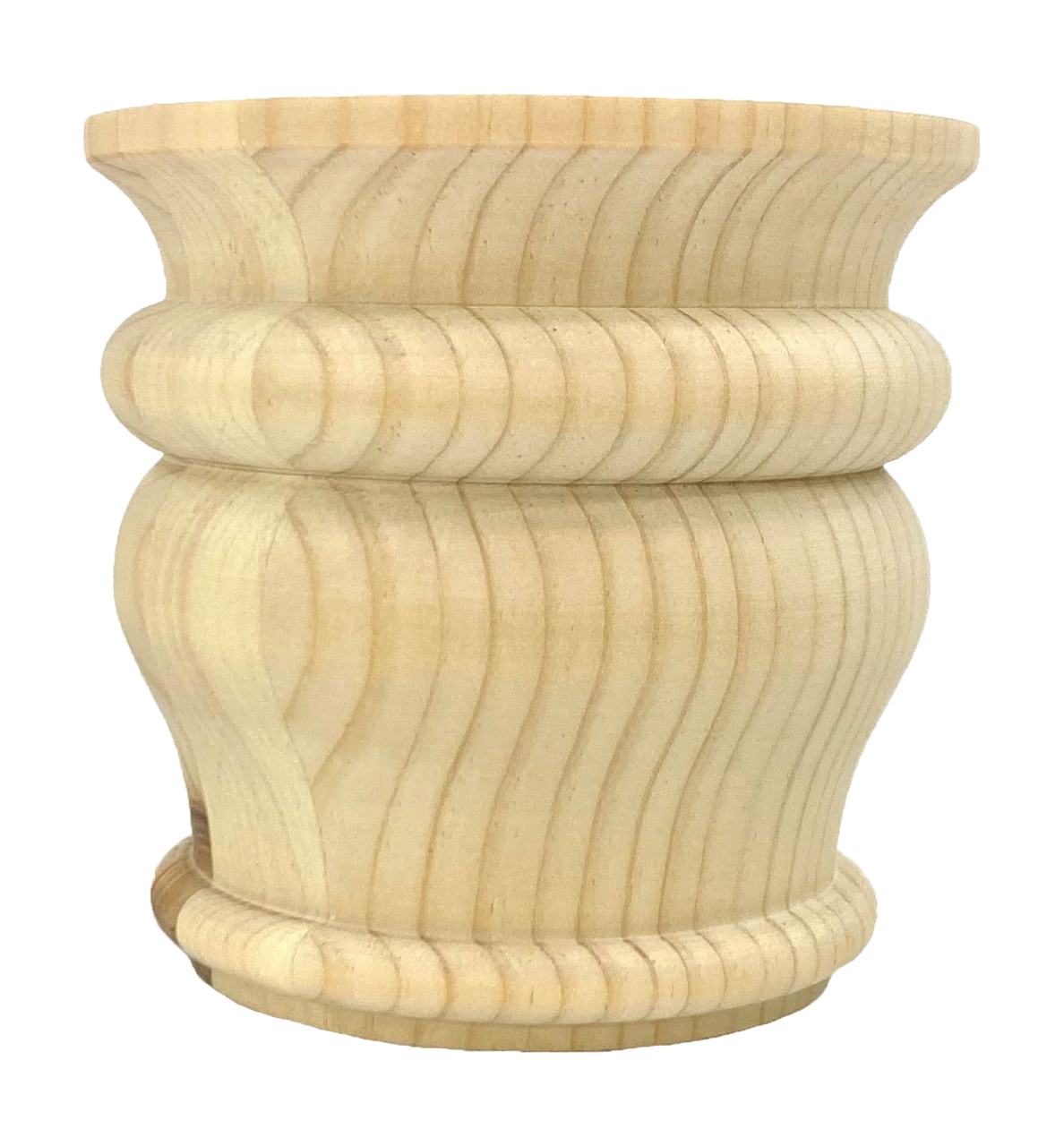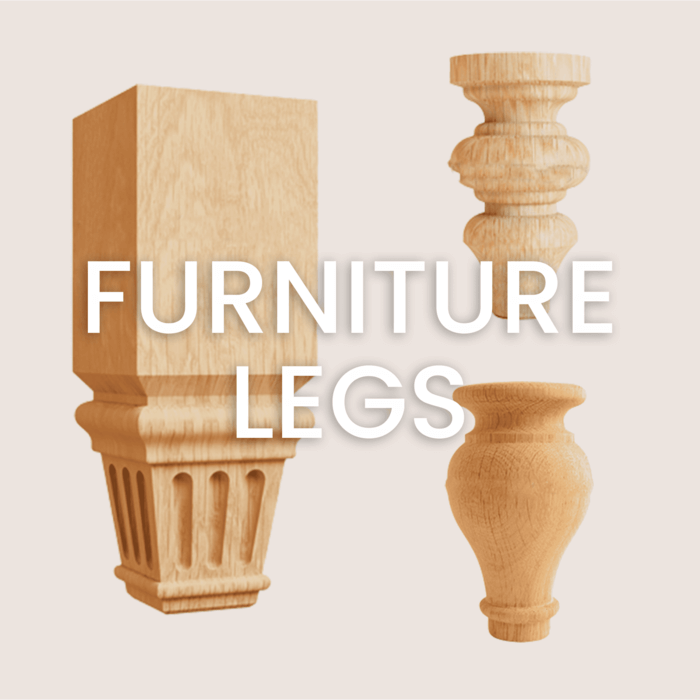When it comes to home decor, the often-overlooked elements can make a significant impact. One such element is decorative furniture feet. These small yet powerful details not only enhance the aesthetic appeal of your furniture but also contribute to the overall design harmony of your space. In this article, we will delve deep into decorative furniture feet, exploring their types, benefits, installation methods, and maintenance tips. Plus, I’ll share my personal experiences and insights to help you make informed choices.
What Are Decorative Furniture Feet?
Decorative furniture feet are the visible components at the base of furniture pieces that provide support and style. They can significantly alter the look of a sofa, chair, or table, making them an essential feature in any interior design project.
Why You Should Consider Decorative Furniture Feet
Furniture feet are not just for design; they serve several functions:
- Support: They bear the weight of the furniture.
- Style: They can add flair and elegance to otherwise plain furniture.
- Protection: They protect floors from scratches and damage.
Types of Decorative Furniture Feet
With various options available, choosing the right type of decorative furniture feet can be overwhelming. Let’s explore the most common types:
1. Wooden Furniture Feet
Wooden feet are classic and versatile, offering a range of designs from rustic to modern. They can be stained or painted to match the furniture.

2. Metal Furniture Feet
For a contemporary look, metal feet can provide a sleek, industrial aesthetic. Common metals include stainless steel, brass, and iron.
3. Plastic Furniture Feet
Plastic feet are budget-friendly and often used for casual furniture. They come in various colors and styles but may not have the same durability as metal or wood.

4. Glass Furniture Feet
Glass feet add a touch of elegance and can make a piece of furniture appear lighter. However, they require careful handling to prevent breakage.
| Type | Material | Pros | Cons |
|---|---|---|---|
| Wooden | Wood | Timeless style, customizable | Can be heavy, prone to scratches |
| Metal | Stainless Steel, Brass, Iron | Durable, modern appeal | Can be cold to the touch, limited designs |
| Plastic | Polymer | Affordable, lightweight | Less durable, may lack style |
| Glass | Glass | Elegant, unique | Fragile, can scratch easily |

Personal Experience: Choosing the Right Feet for My Furniture
When I decided to revamp my living room, one of the first changes I made was swapping out the plain wooden feet on my vintage sofa for sleek, brass tapered legs. It was a game changer! Not only did the new legs elevate the sofa’s style, but they also complemented the gold accents I had throughout the room. This personal touch reminded me of the impact that decorative furniture feet can have.
How to Choose the Right Decorative Furniture Feet
Choosing the right decorative furniture feet involves considering several factors:
/product/26/089837/1.jpg)
1. Style
Match the feet to your existing decor. For a modern look, opt for metal or glass feet. For a rustic feel, wooden feet may be your best bet.
2. Height
Consider the height of your furniture. The right furniture feet can elevate your piece without making it uncomfortable to use.

3. Functionality
Think about how the furniture will be used. If it’s frequently moved, lightweight feet may be preferable. If it’s stationary, heavier options might be more suitable.
4. Budget
Set a budget. Decorative furniture feet can range from inexpensive plastic to high-end custom options.

Installation of Decorative Furniture Feet
Installing decorative furniture feet is usually a straightforward process. Here’s a quick guide:
Tools You Will Need
- Drill
- Screwdriver
- Measuring tape
- Level
- Pencil
Step-by-Step Guide
- Measure: Determine the height and spacing for your new feet.
- Mark: Use a pencil to mark where the feet will attach.
- Drill: If needed, drill holes for screws.
- Attach: Secure the feet with screws using a screwdriver.
- Level: Ensure everything is even before fully tightening.
Important Notes
Always check that the feet are installed securely to prevent wobbling. If you’re unsure, consider consulting a professional for installation.
Maintaining Decorative Furniture Feet
Proper maintenance of your decorative furniture feet can prolong their lifespan. Here are some tips:
1. Regular Cleaning
Dust and clean your furniture feet regularly to maintain their appearance. Use appropriate cleaning solutions for the material.
2. Inspect for Damage
Periodically check for wear and tear, especially on wooden and glass feet. This can prevent further damage and ensure safety.
3. Protect from Scratches
Consider using felt pads under furniture feet to protect your floors and the feet themselves from scratches.
Pros and Cons of Decorative Furniture Feet
Understanding the advantages and disadvantages of decorative furniture feet can help you make an informed decision.
Pros
- Adds personality and style to your furniture.
- Helps protect floors from damage.
- Can enhance the overall design of your space.
- Variety of materials and styles available.
Cons
- Cost can add up, especially for high-end materials.
- Installation may require tools and some DIY knowledge.
- Fragility of materials like glass can be a concern.
FAQs about Decorative Furniture Feet
Q: Can I switch the furniture feet myself?
A: Yes, replacing furniture feet is usually a simple DIY project. Just follow the installation steps mentioned above.
Q: What materials are best for high-traffic areas?
A: Metal and sturdy wooden feet are typically best for high-traffic areas due to their durability.
Q: How do I choose feet that match my furniture style?
A: Consider the existing materials, colors, and overall style of your furniture and look for feet that complement these elements.
Q: Are decorative furniture feet expensive?
A: Prices vary widely based on material and design. You can find options that fit both budget-friendly and high-end preferences.
Q: How do I clean metal furniture feet?
A: Use a mild cleaner and a soft cloth to wipe down metal feet. Avoid abrasive cleaners which can scratch the surface.
Conclusion
Decorative furniture feet may be small components, but their impact on your home’s aesthetic can be immense. By choosing the right materials, styles, and colors, you can effortlessly enrich your space. Whether you’re updating existing furniture or designing a new piece, decorative furniture feet are an excellent investment in your home decor. I hope this guide has inspired you to explore the world of furniture feet and helped you make the best choice for your living spaces. Happy decorating!